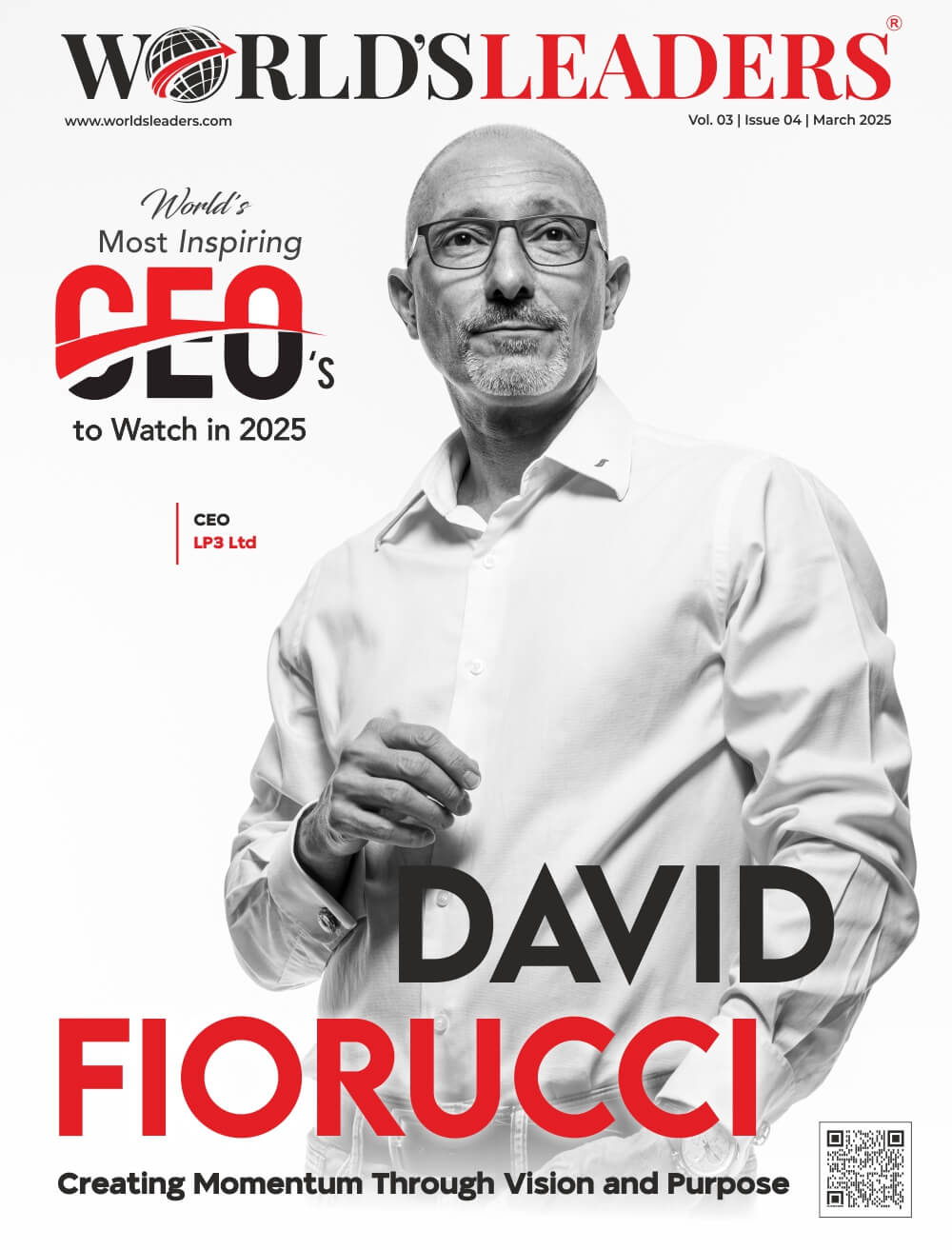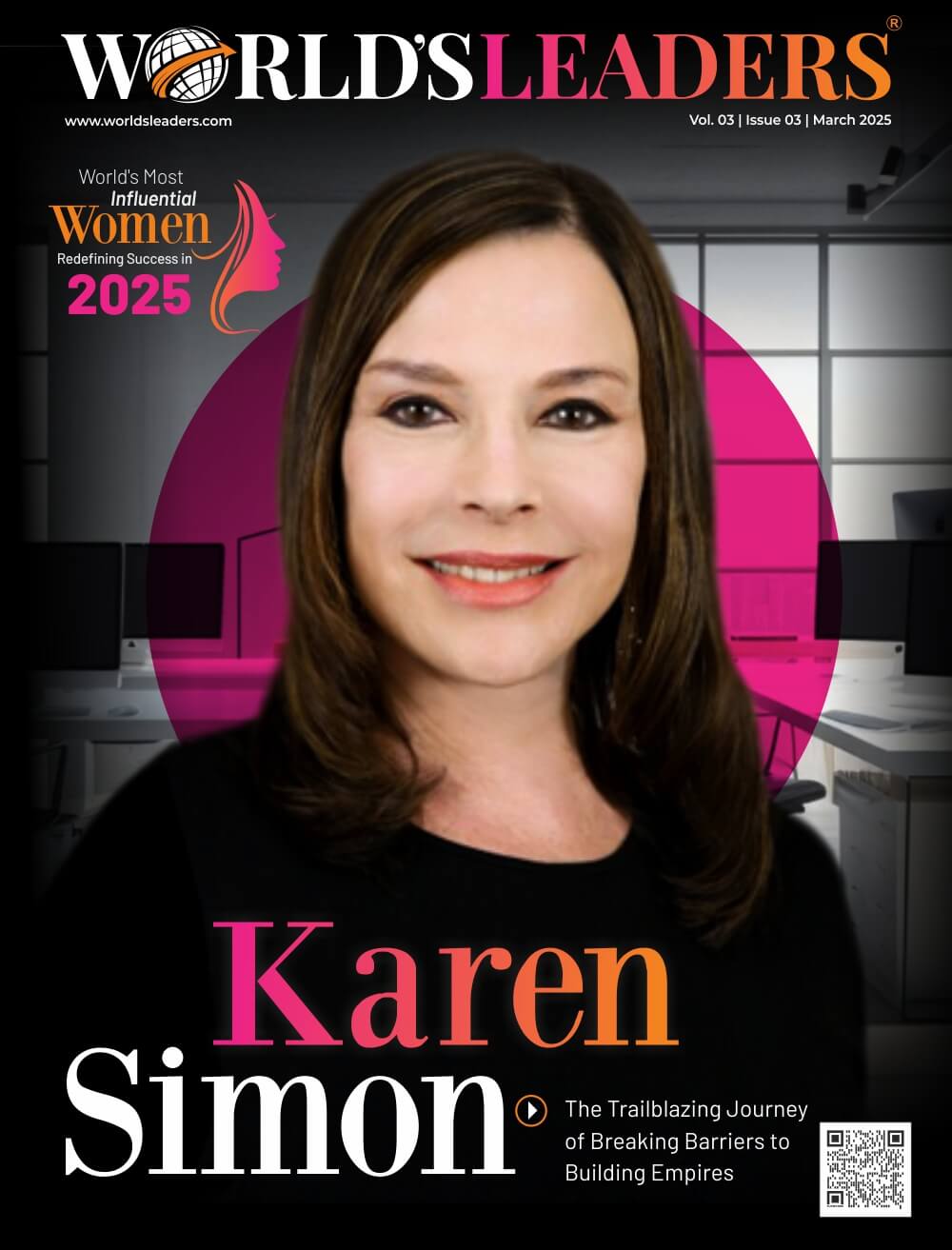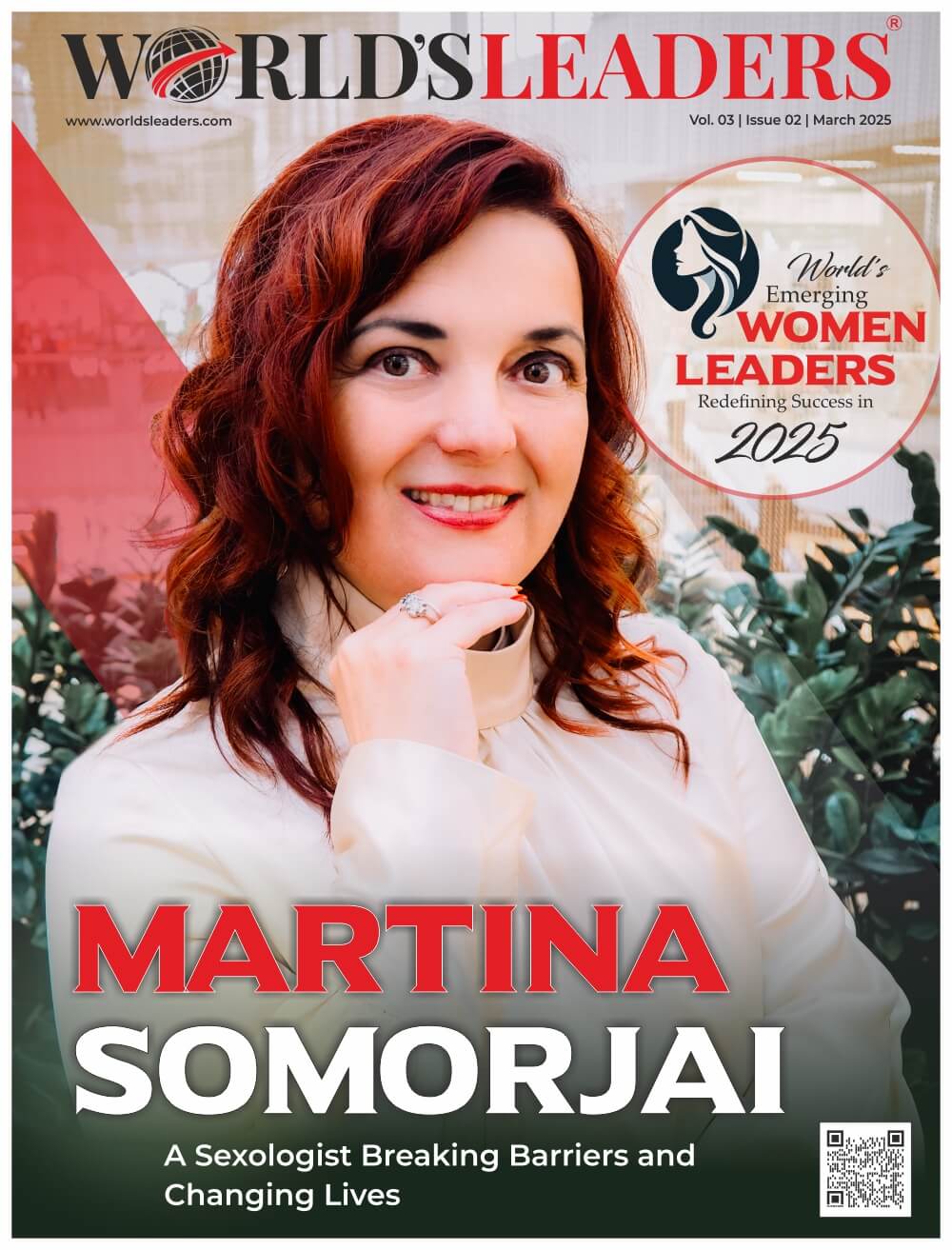A dedicated science educator at The Browning School in NYC, Joan Gillman has been inspiring students for the past decade. Her journey as an educator began in high school, where she discovered her passion for teaching while volunteering with elementary school classes. This early experience shaped the compassionate and inclusive approach that defines Joan’s teaching style today. She consistently seeks innovative ways to engage her students and instill in them a lifelong love of learning, often utilizing project-based learning to help students understand lessons while showcasing their own knowledge and creativity.
Reflecting on her career, Joan proudly shares, “I am happy to say that I am completing my 42nd straight year as a teacher. This has been such an exciting career for me. I believe that teaching is one of the most important professions in the world. As an educator, you are preparing the next generation to carry on after you are gone. Students need to comprehend how the world works so that they can make wise decisions. Nothing brings me more pleasure than seeing my students become passionate about education and lifelong learners.”
Joan’s academic journey began in 1980 when she graduated Summa Cum Laude with a B.A. in Elementary Education K-8 from Felician College (now Felician University). In 1982, she earned an M.A. in Education for the Hearing-Impaired K-12 from New York University. Her first full-time teaching job was in the South Bronx, and since then, she has taught in various settings, including independent schools, religious institutions, and public schools. Before joining The Browning School, she taught 5th and 6th-grade science at the Calhoun School and led multiple science and math electives.
The Browning School, an all-boys independent school founded in 1888 in New York City, serves over 400 students from grades K-12. The school emphasizes evidence-based educational practices and provides ongoing professional development for its teachers to stay current with the latest educational philosophies. The Browning School’s mission is to “create men of intellect and integrity to contribute meaningfully to our world,” guided by the values of Curiosity, Honesty, Dignity, and Purpose. The school’s commitment to equitable practices and social impact is integrated into every aspect of its curriculum, ensuring that these principles are not just supplementary but fundamental to the students’ education.
A Journey Shaped by Service, Science, and Inclusiveness
Joan became interested in becoming a teacher back in high school, inspired by her school’s strong community service program, which was required for graduation. To fulfill her obligations, she volunteered at the lower school, where she taught elementary school children to play the recorder, tutored small groups in math, and organized playground games. The head of the school was particularly impressed with Joan’s ability to include all children in the playground activities, not just those with special athletic abilities.
In addition to her school volunteering, Joan taught children to swim at the local JCC, including some special needs children, and served as a substitute ballet teacher at a local dance studio. She found great joy in helping children become less afraid of water and more confident in their swimming skills, as well as in teaching young students the joy of movement through dance. These experiences reinforced the importance of inclusiveness in Joan’s teaching philosophy. She believes it is crucial to give each child an opportunity to shine, fostering their ability to get along with others and understand the importance of compassion, dignity, and respect.
Joan’s interest in science and engineering began in her childhood. She fondly recalls experimenting with different solutions in her bathroom, convinced she would invent a new product by mixing various powders and liquids. She was also fascinated by weather, often measuring snowfall with a yardstick, checking temperatures and barometric pressure, and photographing the beauty of new snowfalls. Joan and her older brother enjoyed creating robots from shoeboxes and building model cities with Kenner building sets and Lincoln logs, even naming their imaginary city Kinderkamack Village.
One of Joan’s favorite childhood activities was building snow tunnels with her brother. They would pile snow on one side of the driveway and construct tunnels, always including an escape window to keep their mother happy in case the tunnel started to melt or collapse. These creative and collaborative projects with her brother helped Joan develop skills that would later serve her well as an educator.
Joan’s early experiences in teaching, her lifelong interest in science and engineering, and her commitment to inclusiveness have all shaped her approach to education, emphasizing the importance of fostering a supportive and engaging learning environment for all students.
Commitment to Lifelong Learning and Educational Leadership
Joan is a strong believer in lifelong learning and strives to model this behavior for her students by continuously taking professional development courses throughout her career. Over the years, she has participated in a variety of workshops and programs to enhance her knowledge and skills.
Three notable courses she attended were at the NASA Goddard Space Flight Agency in Greenbelt, Maryland. These workshops were particularly exciting for Joan because of her long-standing interest in astronomy. They provided her with an opportunity to pursue her passion while sharing ideas and strategies with fellow educators. During her last workshop at NASA, she had the remarkable experience of seeing the James Webb Telescope being built.
Joan has also attended workshops at the American Museum of Natural History in New York City, where she studied paleontology, climate change, and animal science, among other topics. Additionally, she has taken courses at the Cornell Ornithology Lab.
In 2017, Joan was one of 12 teachers selected to participate in the GLOBE Weather Field Test Program in Colorado. Her interest in meteorology made this a perfect fit, as she tested a new weather curriculum for her sixth-grade science classes. This NGSS-aligned curriculum offered excellent investigations for her students.
In the summer of 2022, Joan applied for a grant to become a Modern Classroom Project educator. The five-week online course guided her through setting up a self-paced classroom that meets the needs of all students. She found the course valuable and has already begun applying its lessons in her own classroom.
Beyond her own professional development, Joan has been actively involved in teaching workshops at numerous professional conferences, including the NSTA (National Science Teaching Association) conferences, the NSTA STEM conferences, the STANYS (Science Teachers Association of New York State) conferences, the SCONYC (Science Council of New York City) conferences, and the NYSAIS (New York State Association of Independent Schools) Diversity Symposium. These conferences have been incredibly rewarding for Joan, as she enjoys inspiring fellow educators and fostering their passion for science education. This past year, she even helped plan the SCONYC conference, a new but rewarding experience for her.
One of the happiest moments in Joan’s teaching career was receiving the Urhy Teacher of the Year award at the Calhoun School in 2017. This recognition from her school and colleagues affirmed her years of dedication to her students’ education, a joy she will always cherish.
Empowering Students through Innovation and Responsibility
Joan has several areas she is passionate about improving in education. She strongly advocates for project-based learning. At the start of each new science unit, she might perform an original rap, share a unique phenomenon, or tell a story to spark interest in the topic. This approach excites her students, who come to class with smiles, eager to learn. Project-based learning, in her experience, is particularly meaningful because it requires students to demonstrate their understanding through creative projects such as slideshows, videos, dioramas, posters, or talk shows. This method not only helps students retain information better, but also allows them to choose the medium that suits them best, catering to different learning styles.
Joan is critical of the “one size fits all” approach in education, emphasizing the importance of recognizing each child’s unique needs. She believes it is the teacher’s responsibility to find the right approach to help each student achieve their academic goals. Ensuring that every student feels comfortable and confident in their ability to learn is a priority for her.
She also believes in an interdisciplinary curriculum. In her science classes, she integrates other academic subjects, helping students see the connections between disciplines. She feels this approach reflects the interconnected nature of the real world.
Addressing climate change is another essential component of Joan’s teaching philosophy. She views teaching as a crucial job that prepares the next generation to make informed decisions about the world. Since joining The Browning School in 2018, Joan has been a leader of The Green Team, an all-school club focused on sustainability. The team runs fundraisers for disaster relief, organizes Central Park cleanups, posts “Green Action of the Week” signs to encourage reducing carbon footprints, and plans the annual Biodiversity Day, which includes workshops, guest speakers, and field trips to Central Park.
Through her science classes and leadership in The Green Team, Joan aims to inspire students to become responsible stewards of the environment. She takes her role seriously, hoping to make a positive impact on her students’ lives and contribute to the survival of Planet Earth.
Commitment to Evolving as an Educator
When Joan thinks back to when she first started teaching in 1982, she recalls using just a blackboard and chalk. She had no idea how significantly technology would impact her teaching career. She vividly remembers the first time a computer was placed in her classroom; she didn’t even know how to turn it on. Nowadays, she can’t imagine teaching without the benefits of technology.
Each classroom at The Browning School is equipped with a SmartBoard, which Joan finds indispensable. This technology allows her to easily show videos or slideshows, find images of animals her students are interested in, and write class notes in different colors to help students who have difficulty tracking information. In addition to SmartBoards, each student is provided with a Chromebook for the school year. This enables them to take notes, watch videos, prepare assignments, and share work with Joan and their peers.
Joan teaches multiple divisions, using three different online platforms: Seesaw for her youngest students, Google Classroom for her older lower school students, and Canvas for her middle school students. While managing these platforms is a lot to keep track of, Joan appreciates how each one is tailored to be age-appropriate, enhancing the learning experience for her students.
Integrating Exploration and Science into Education
In the fall of 2018, Joan decided to undergo a three-part process to become a National Geographic Certified Educator. This certification is awarded to teachers who have undergone specialized training and passed a rigorous evaluation process by the National Geographic Society. Certified Educators are equipped with the knowledge and skills to incorporate National Geographic’s storytelling, exploration, and science into their teaching practices.
As part of her training, Joan had to prepare a Capstone video highlighting her classroom activities. She chose to showcase her oil spill curriculum. In this unit, students are tasked with cleaning up an oil spill simulation in the science lab. They must remove oil from three objects: a seashell (representing animals coated with oil during a spill), a feather (representing birds affected by oil), and a container of sand (illustrating the environmental contamination). The exercise uses vegetable oil instead of real petroleum. This hands-on experience helps students understand the difficulty of cleaning up an oil spill and the environmental impact such disasters have.
Joan’s students gain a deep understanding of the horrors of oil spills through this activity. It also encourages them to think about reducing their carbon footprint and becoming more environmentally conscious.
Advancing Curriculum and Professional Development
This summer, Joan plans on working with a few of her colleagues to make the fifth and sixth-grade science curriculum fully NGSS (Next Generation Science Standards) aligned. This will definitely be a challenge, but it will be the first step toward aligning the entire middle school science curriculum with the NGSS.
In addition, Joan will be attending The Browning School’s annual summer CLC (Collaborative Learning Cohort). Each summer, teachers at the school are given the opportunity to work on special projects and professional development throughout the summer months. Towards the end of August, the teachers gather to share what they have learned with the rest of their colleagues, fostering a collaborative and growth-oriented environment.
Keys to a Rewarding Teaching Career
Joan shares that, as an educator, it is vitally important to continue attending professional development opportunities. Since she began teaching 42 years ago, so much has changed. Joan attributes her long career to embracing new techniques and ideas acquired through workshops, courses, and science conferences. This approach has helped her stay enthusiastic about her career while allowing her to interact with other educators and gain new perspectives to bring to her classroom.
Joan also advises keeping a sense of humor. There can be days when students are more challenging, but maintaining a sense of humor and patience helps overcome these challenges and sustain a love for teaching. Finally, she emphasizes the importance of not being afraid to ask for help. Schools are filled with professional educators who can offer advice and strategies to use with students. Teaching is a challenging and exhausting career, but it is one of the most rewarding professions one can choose. Joan encourages educators to keep their spirits up, as the best days are just ahead.





